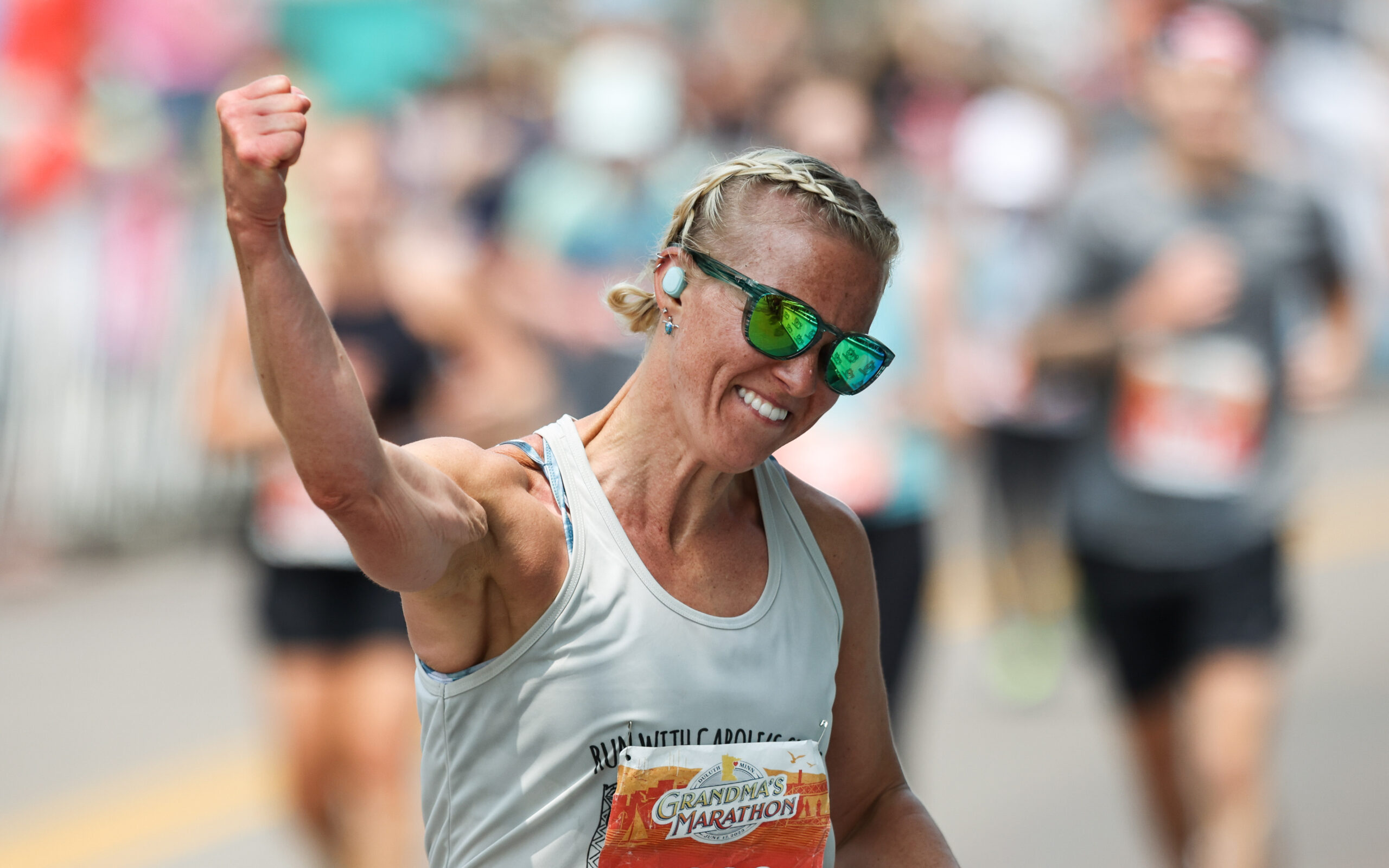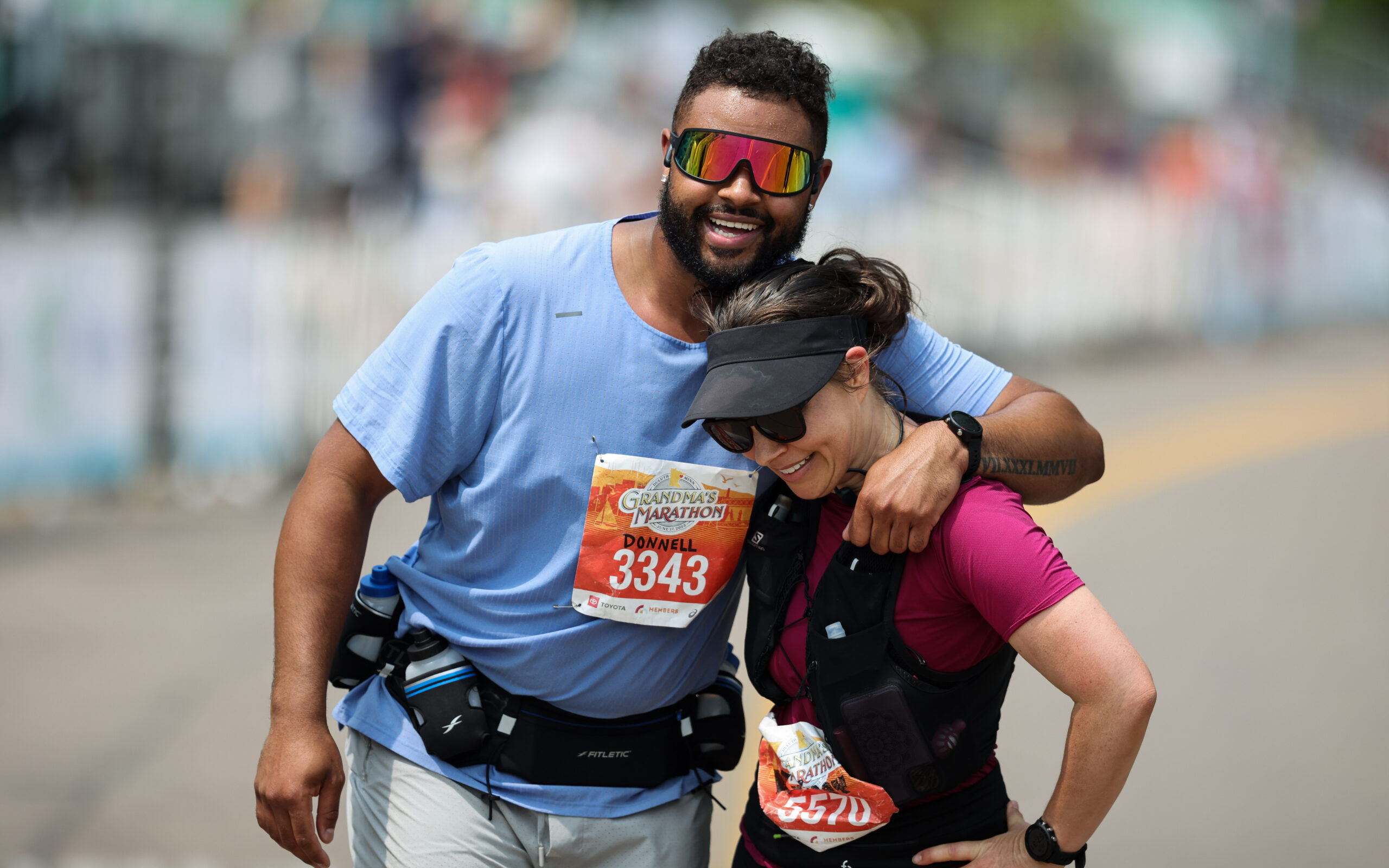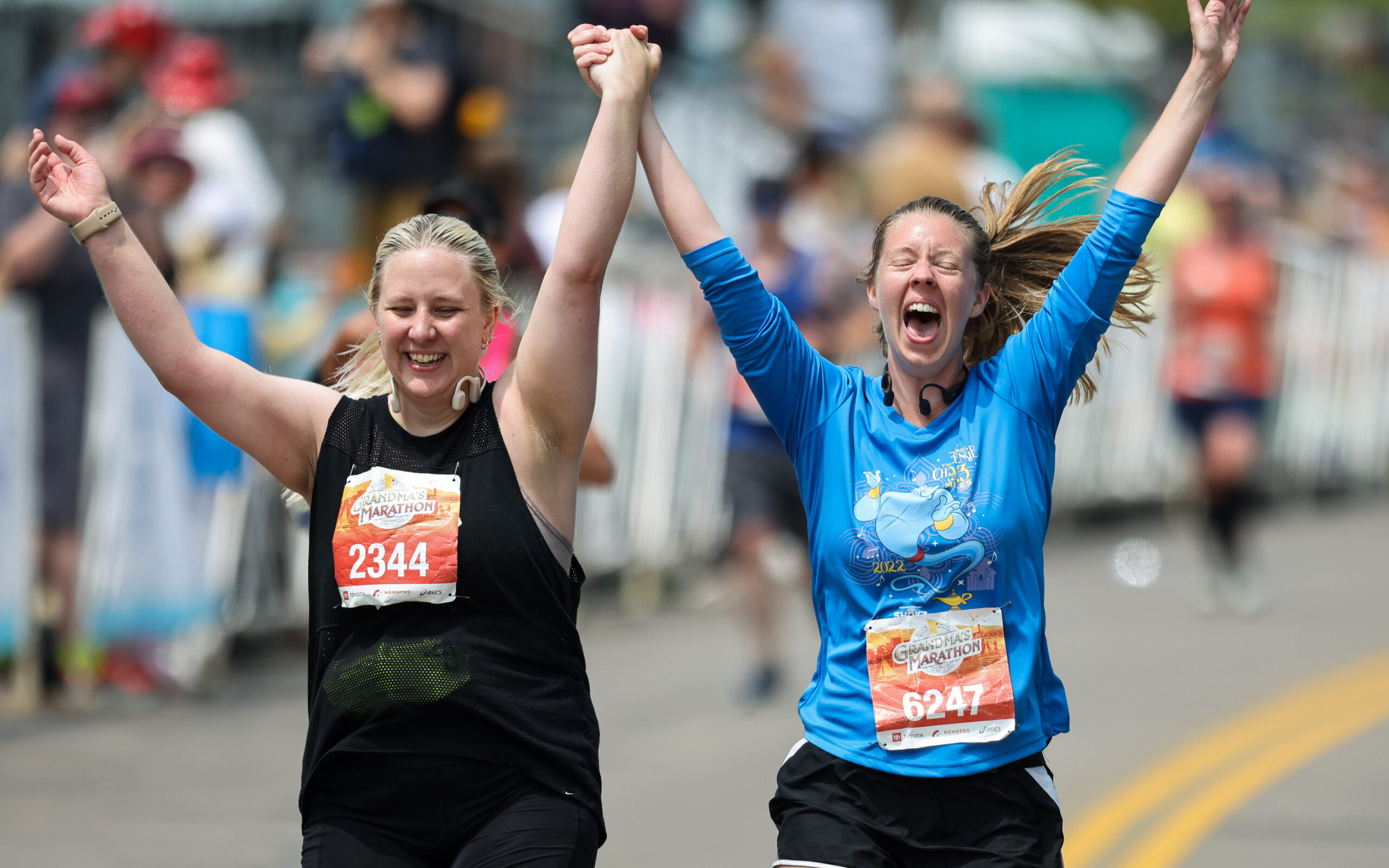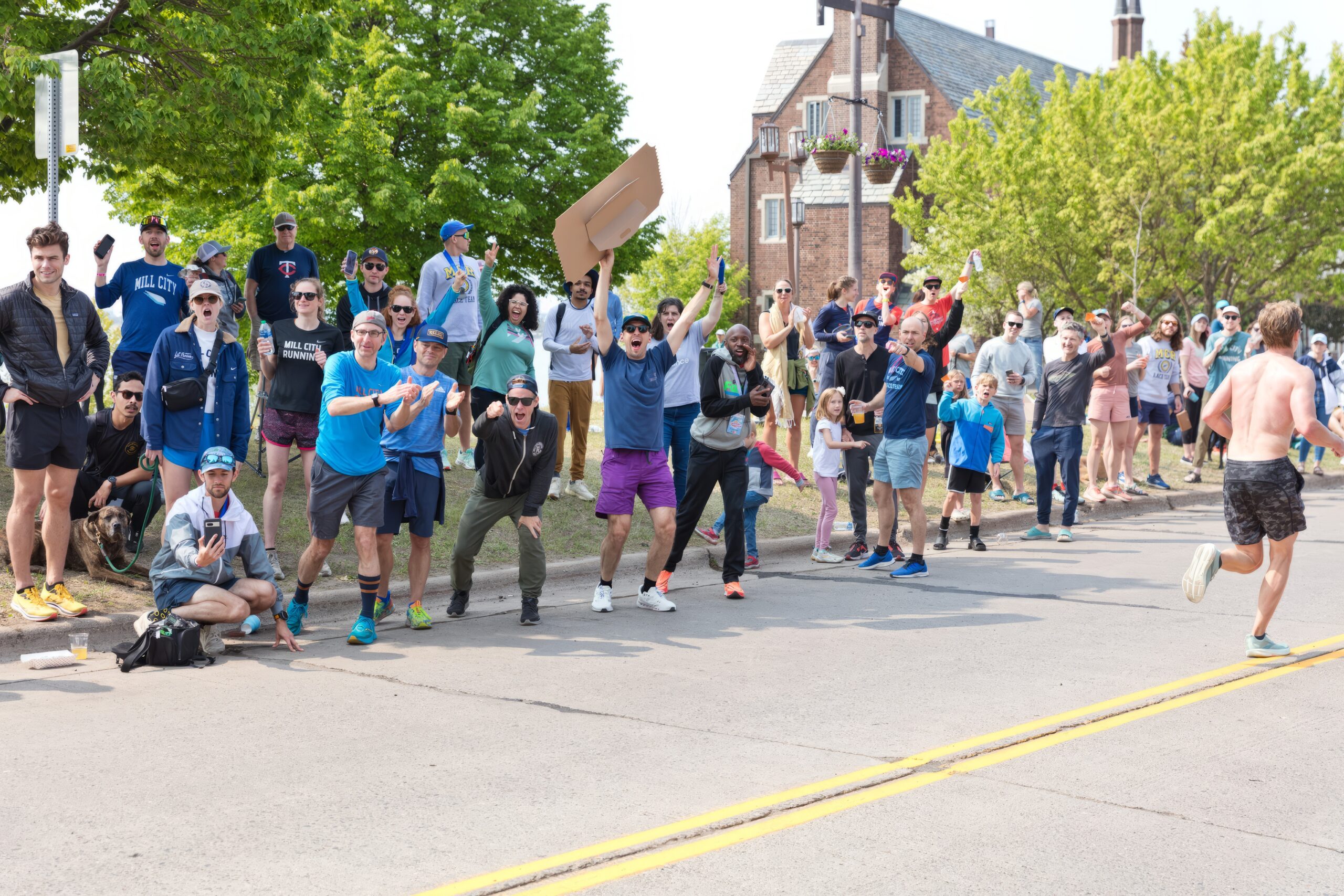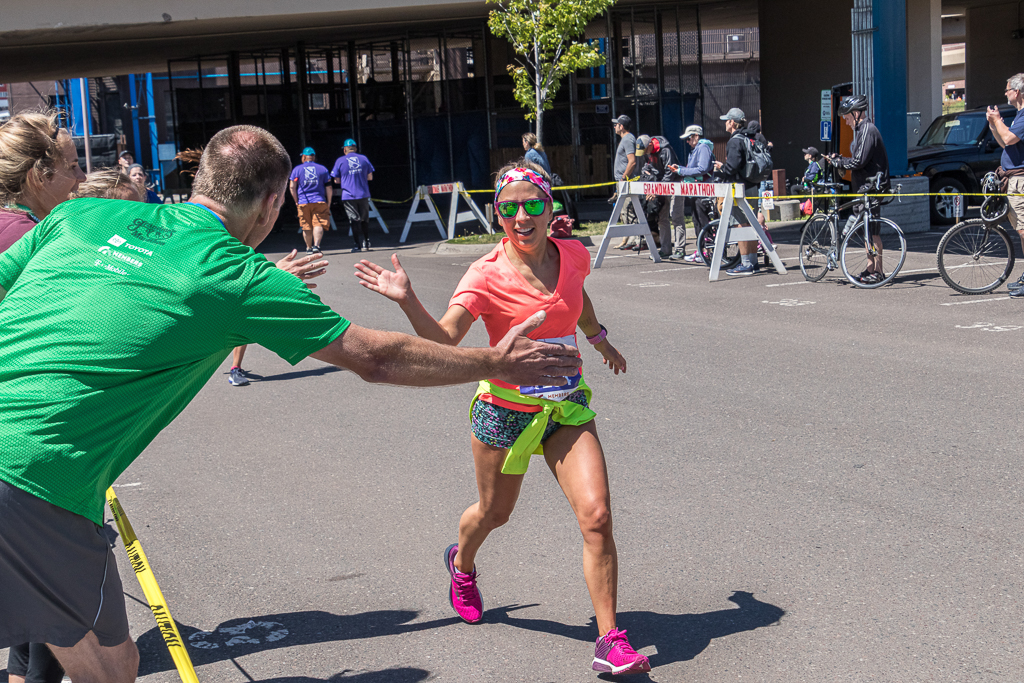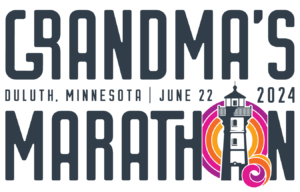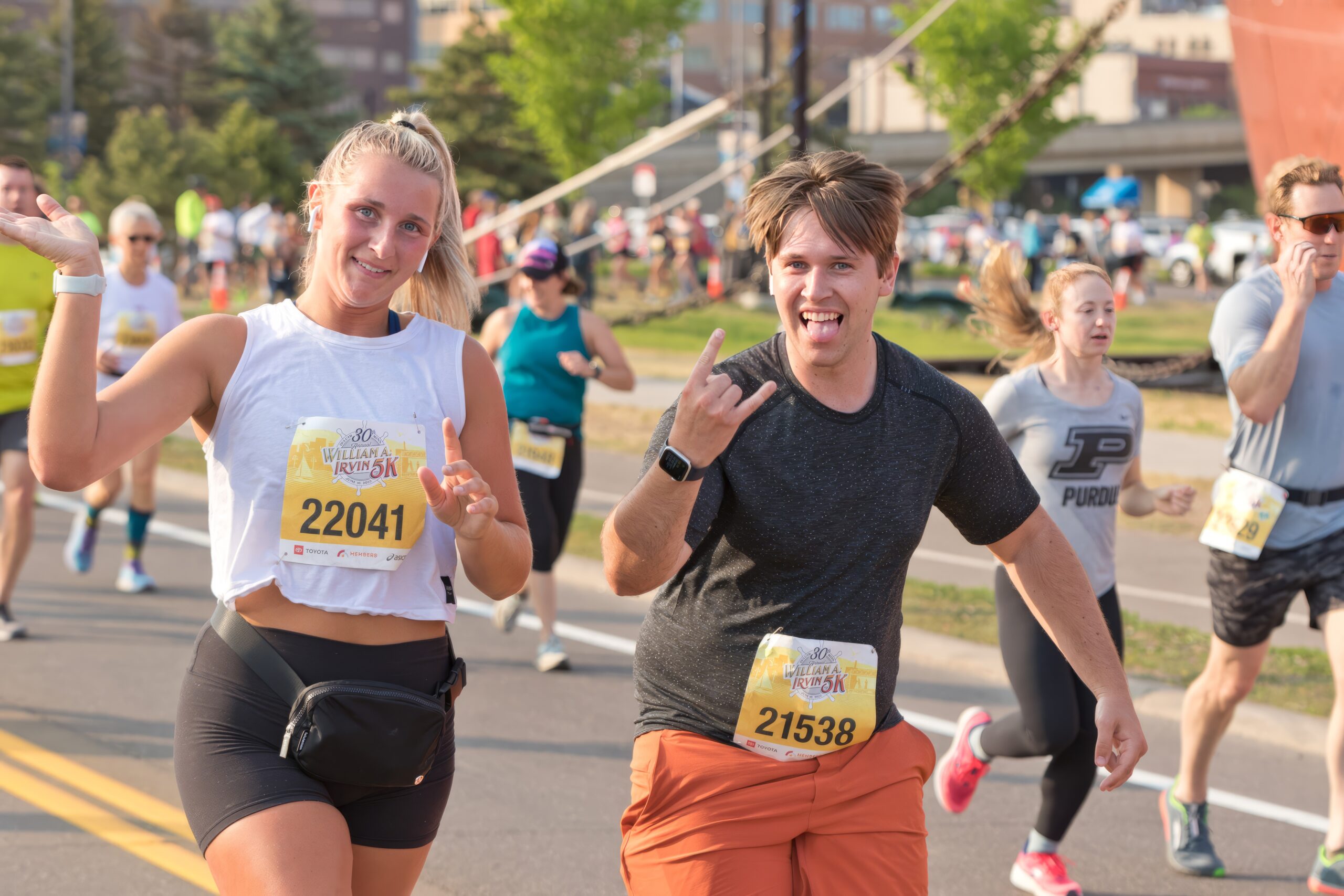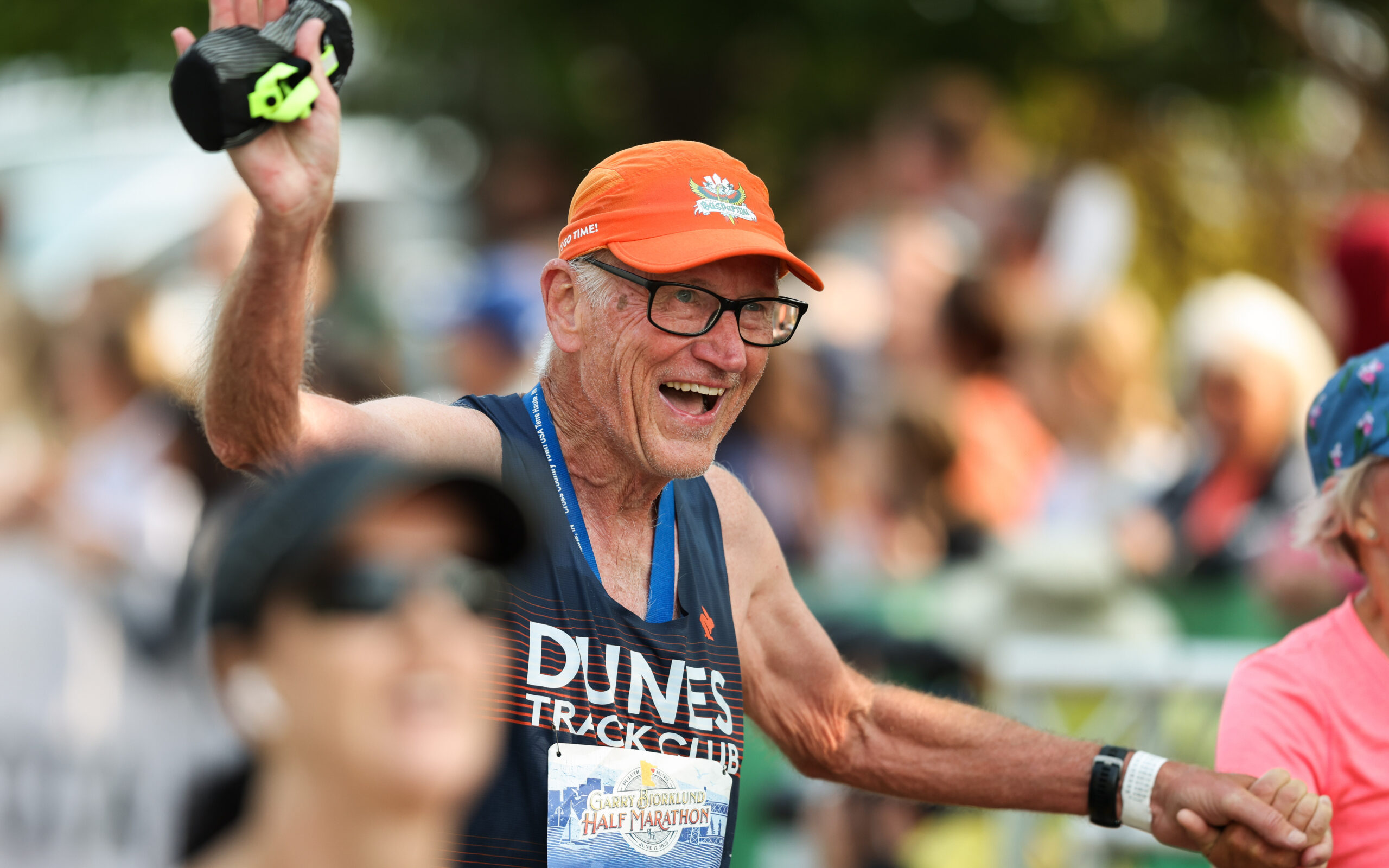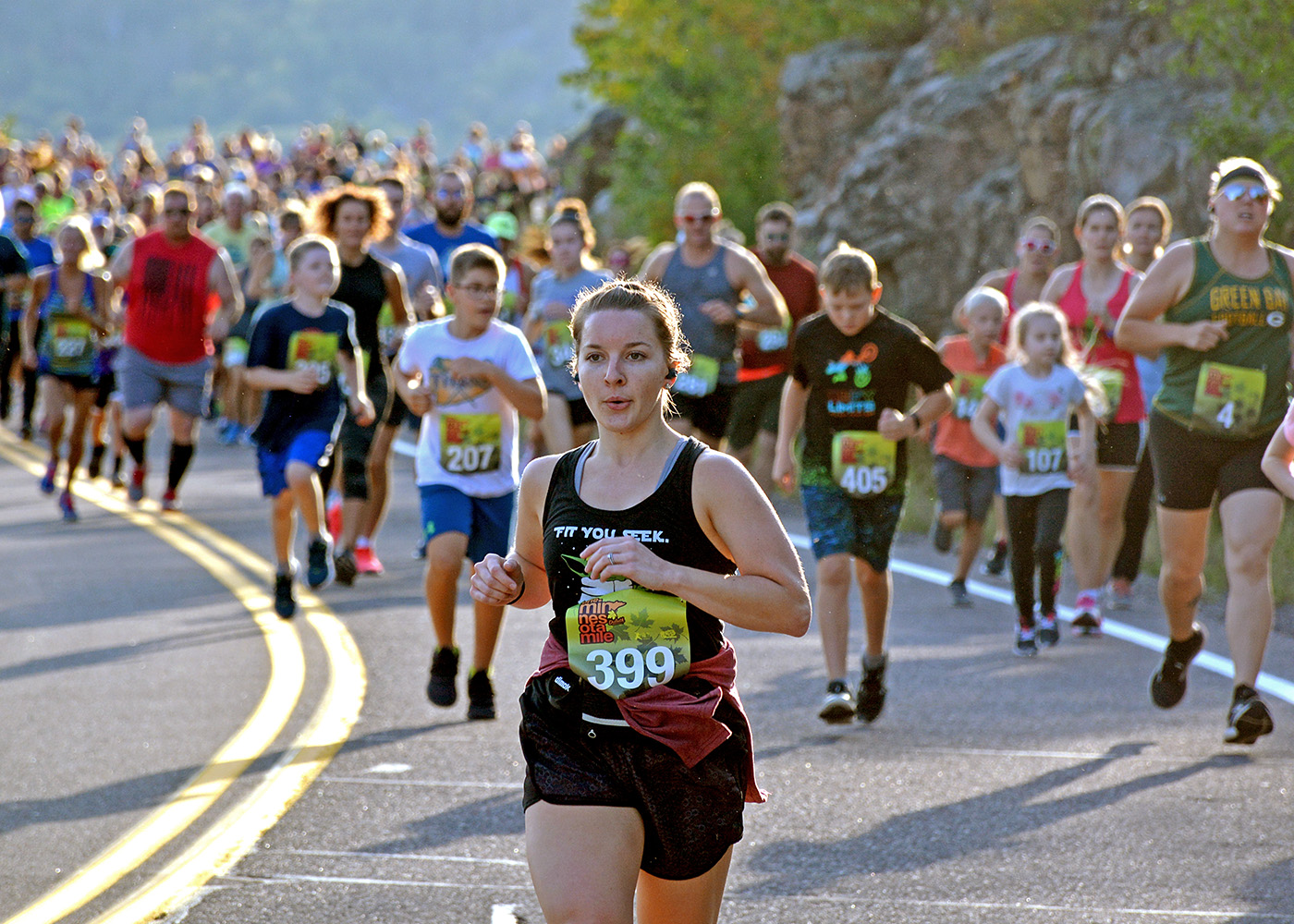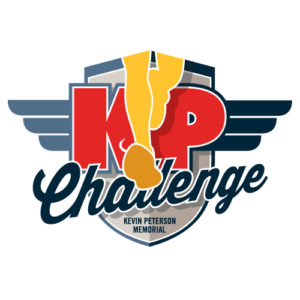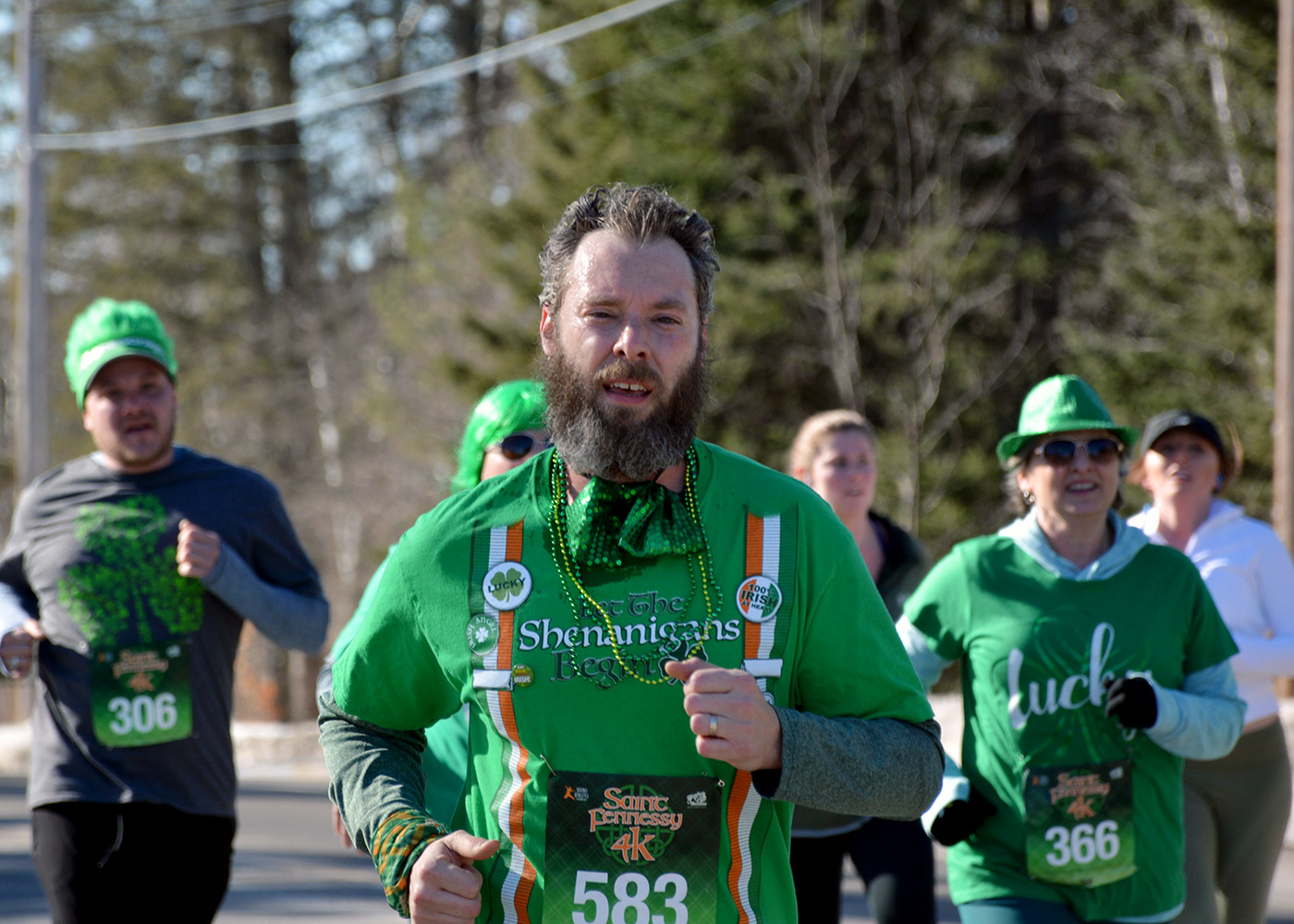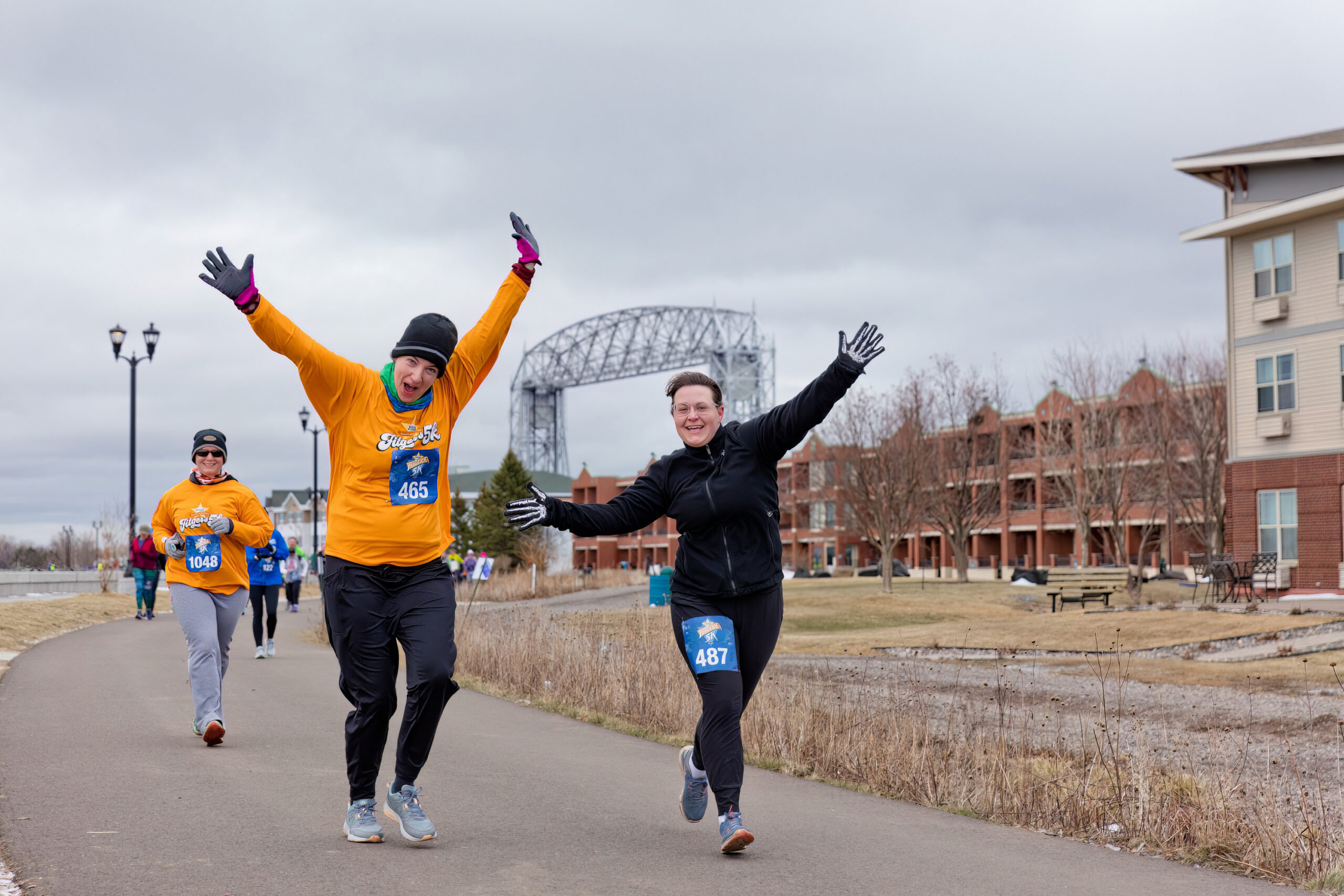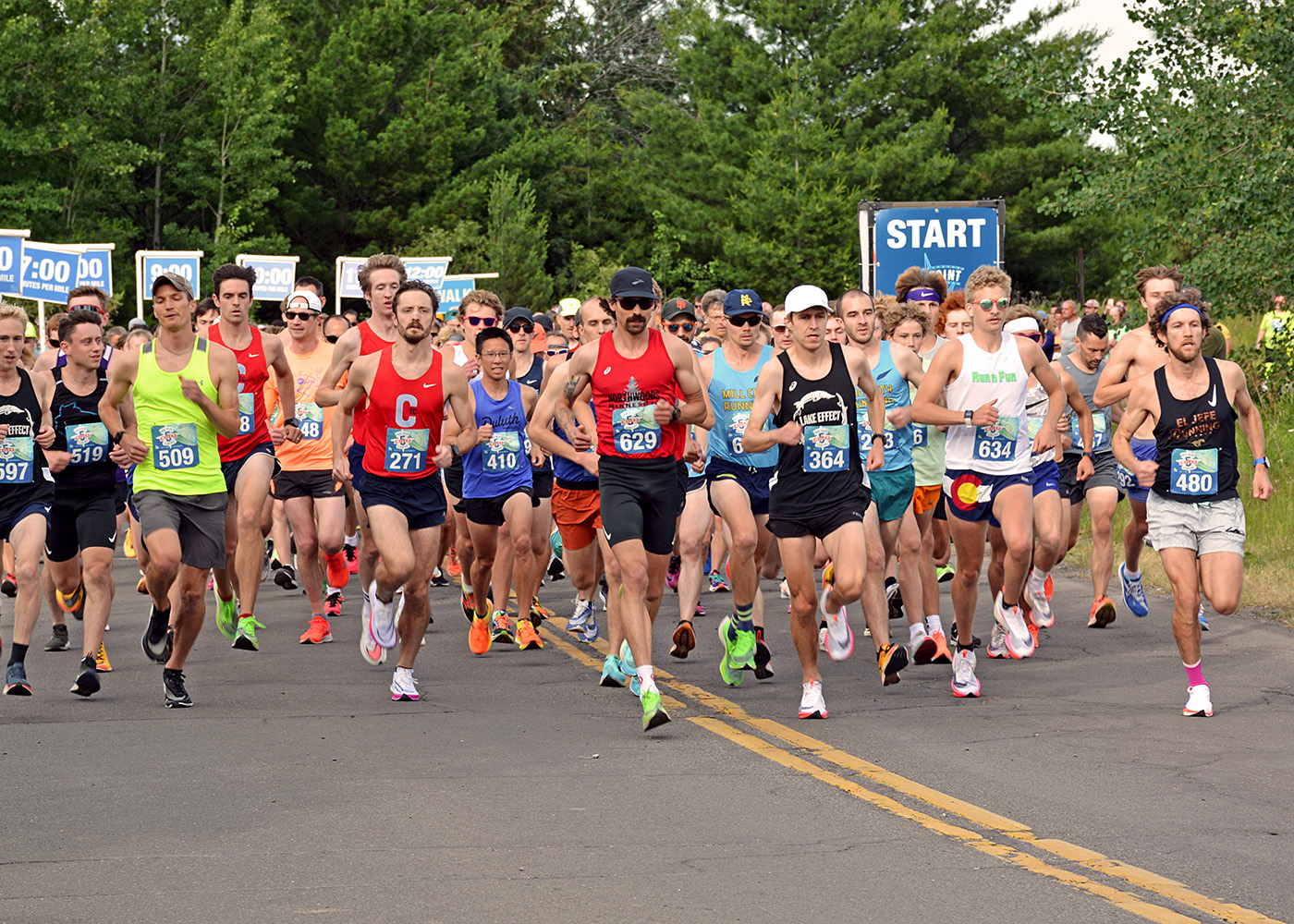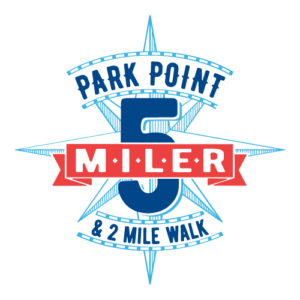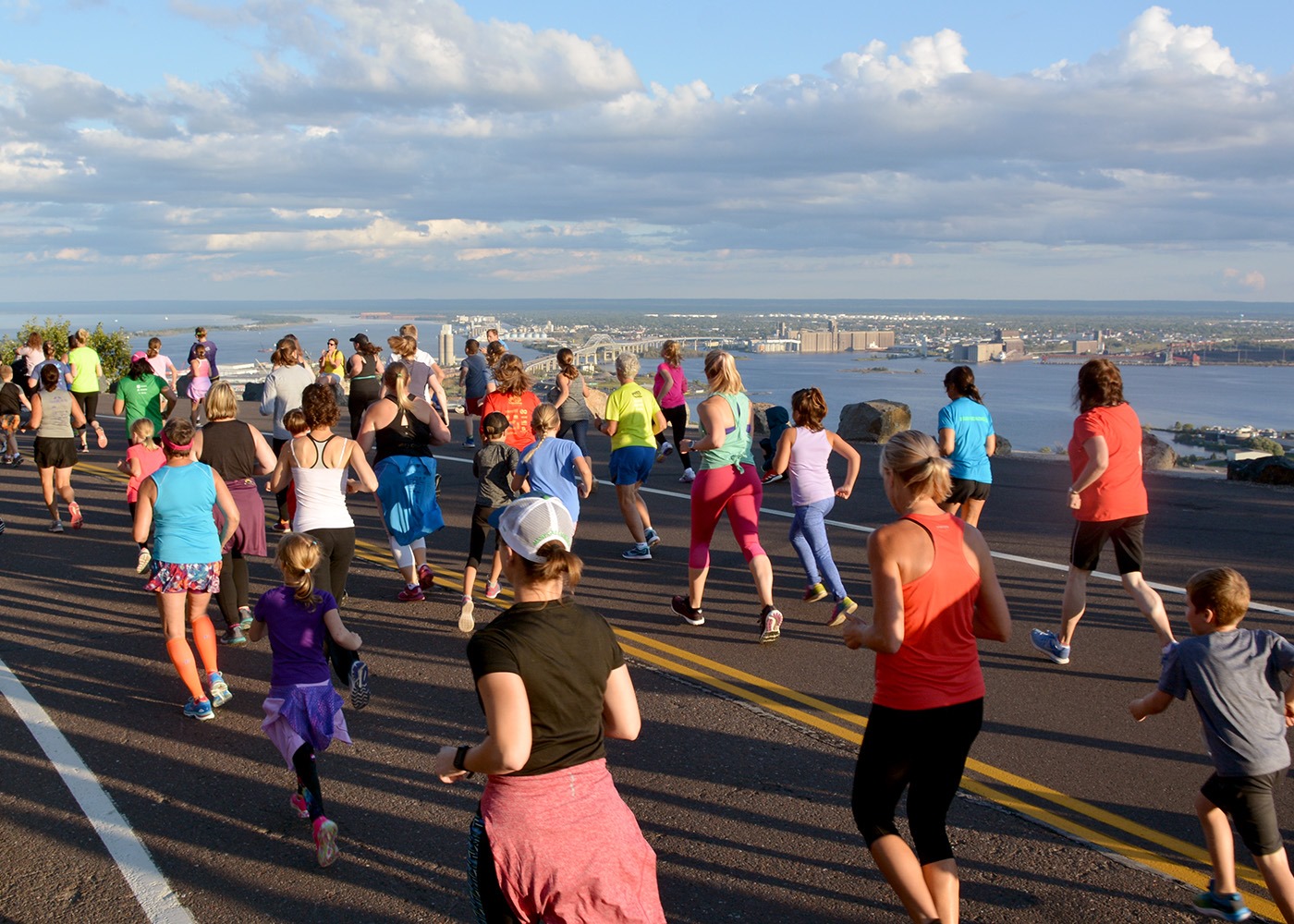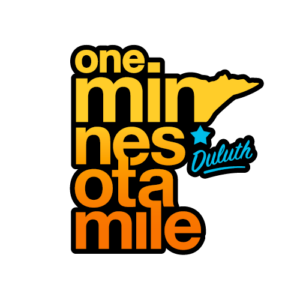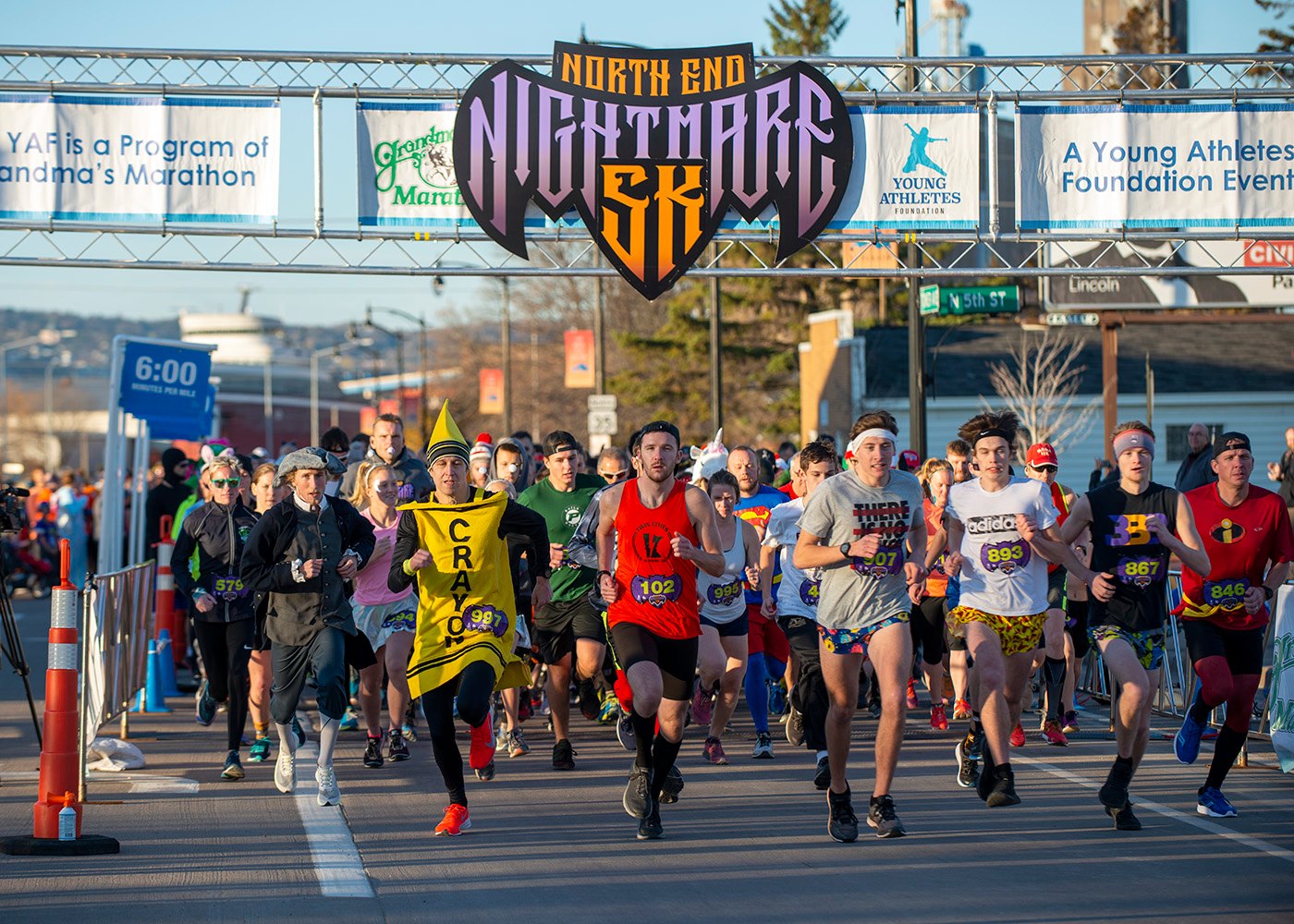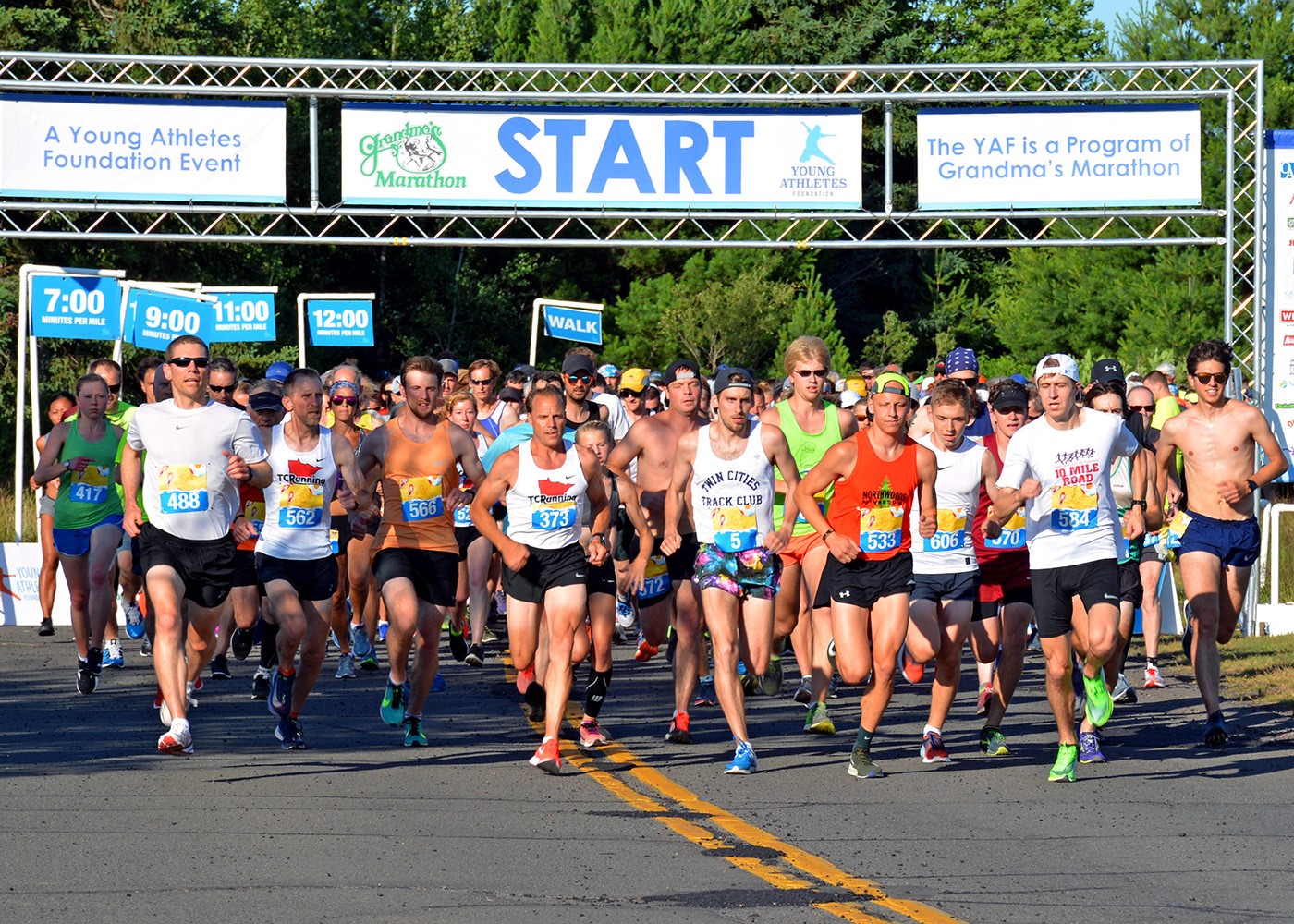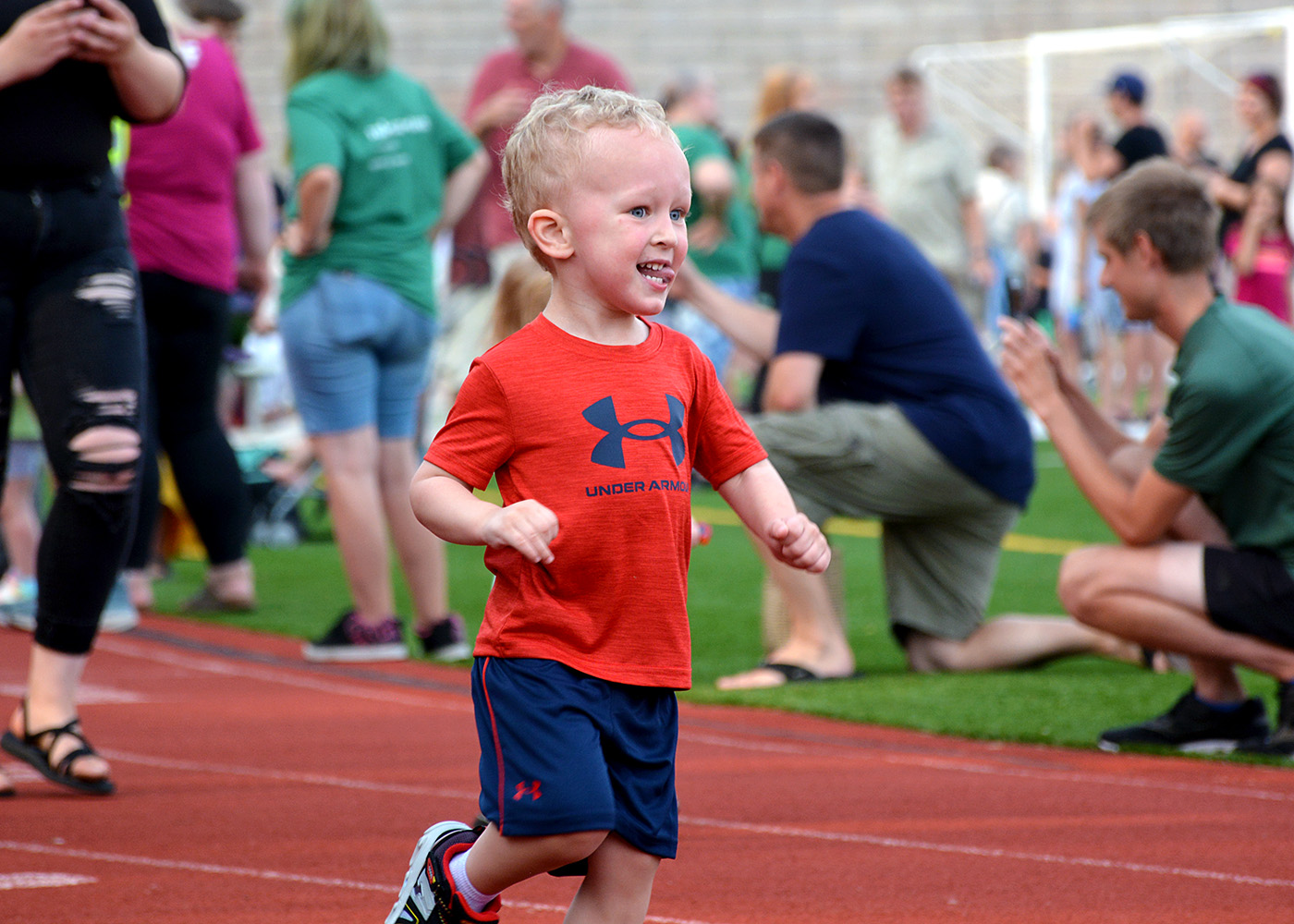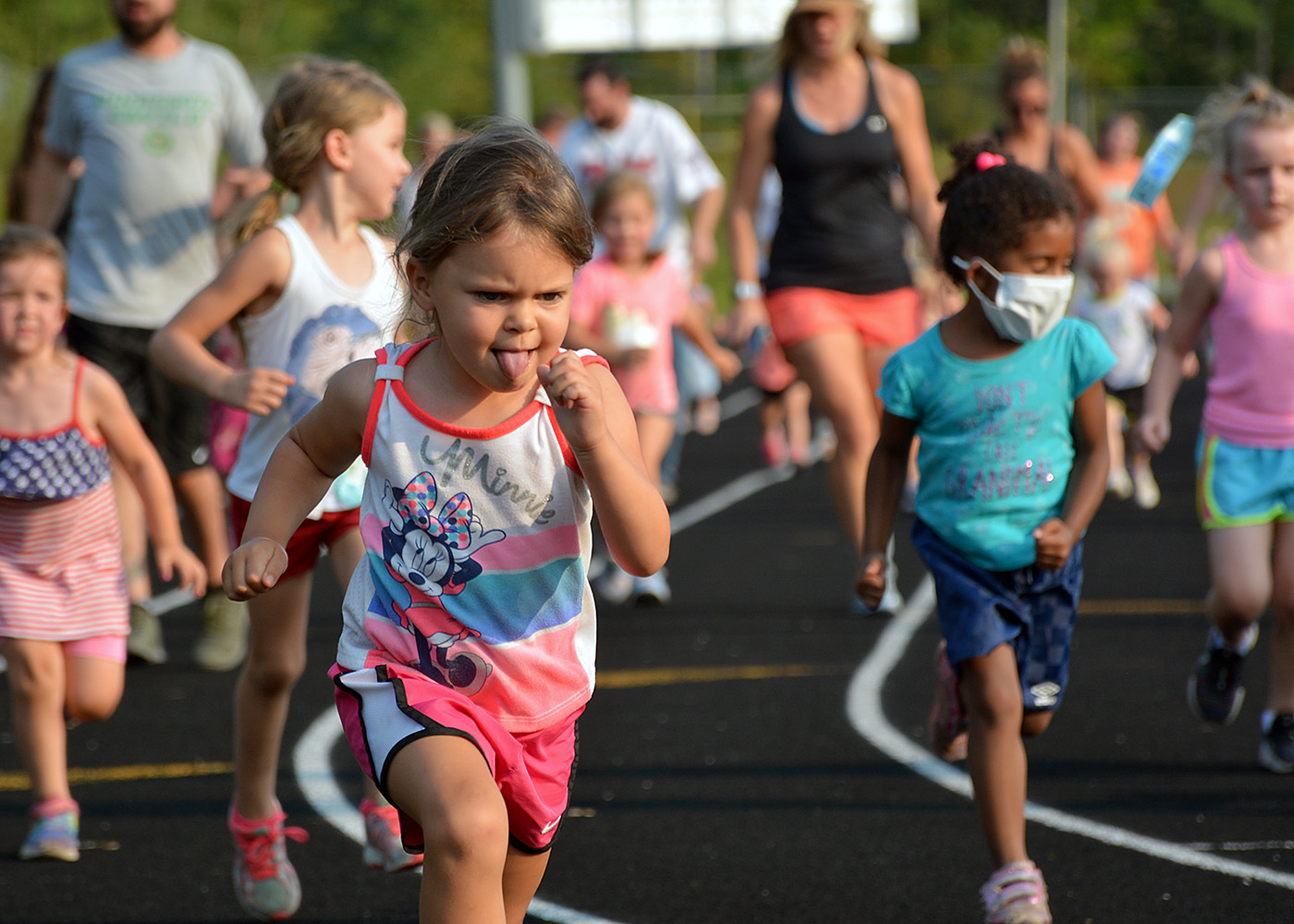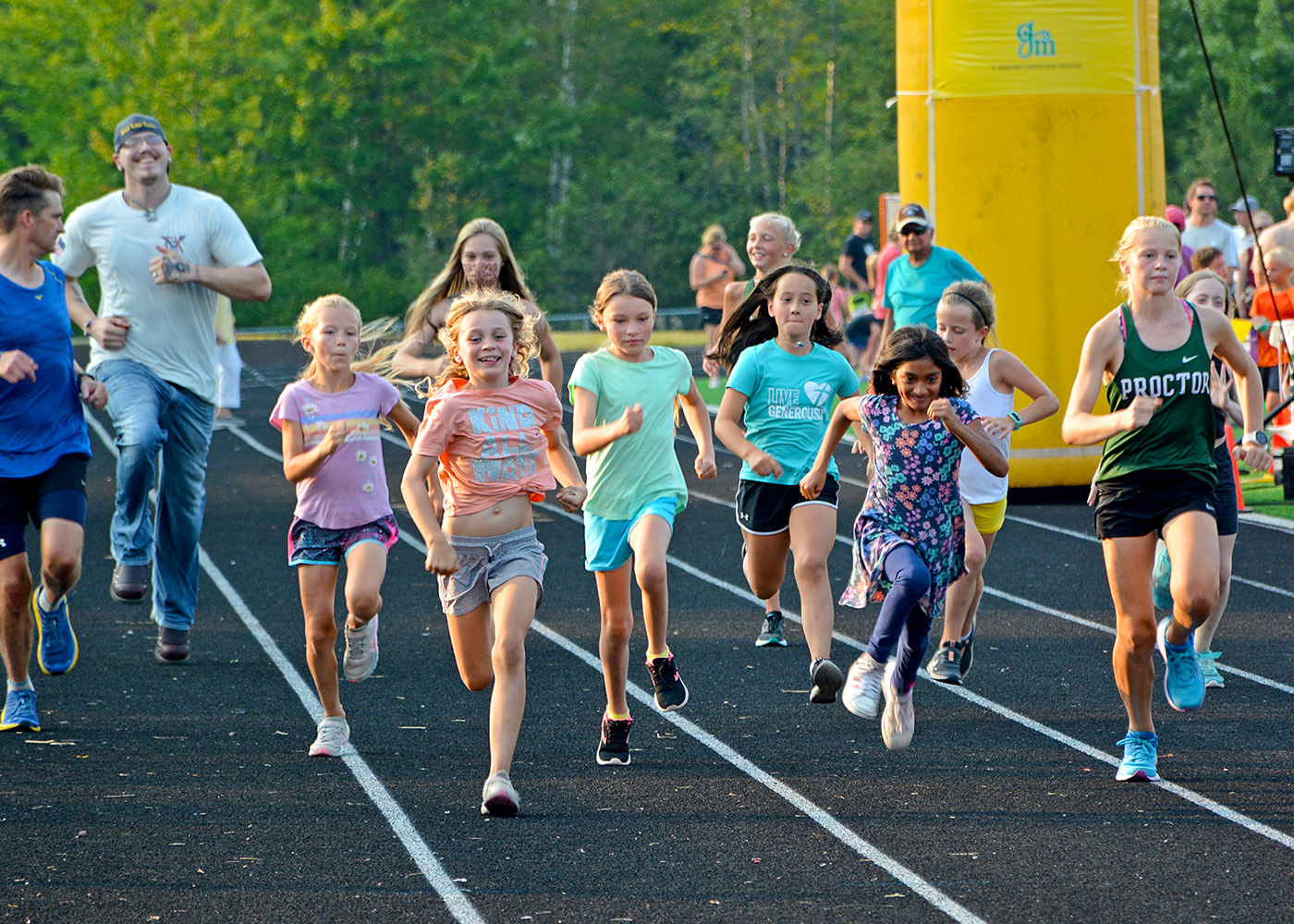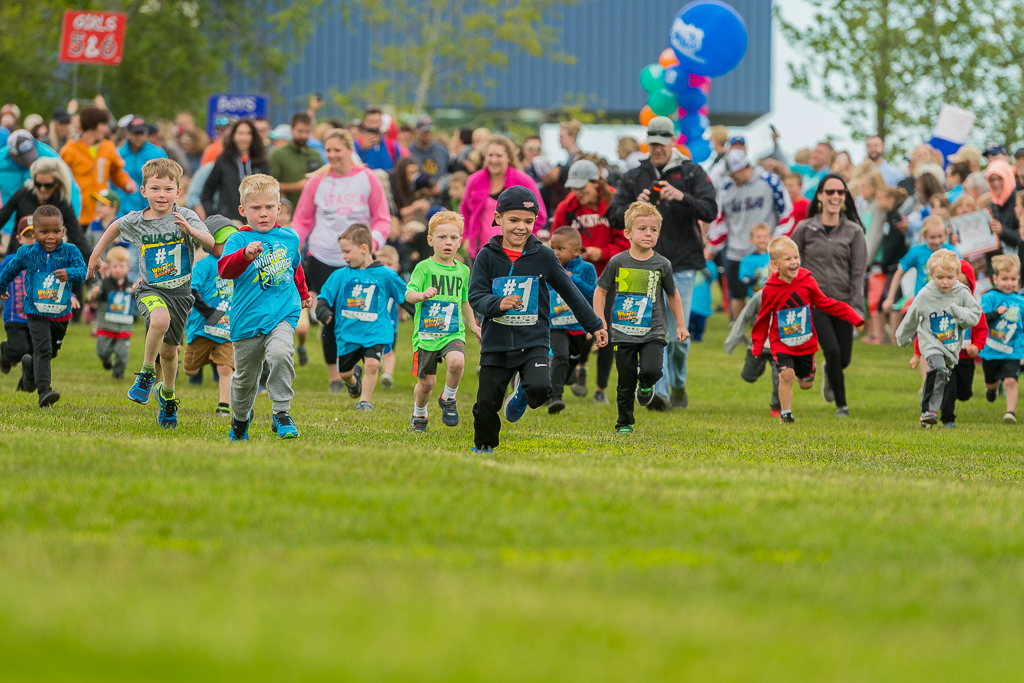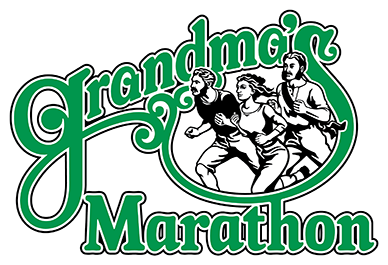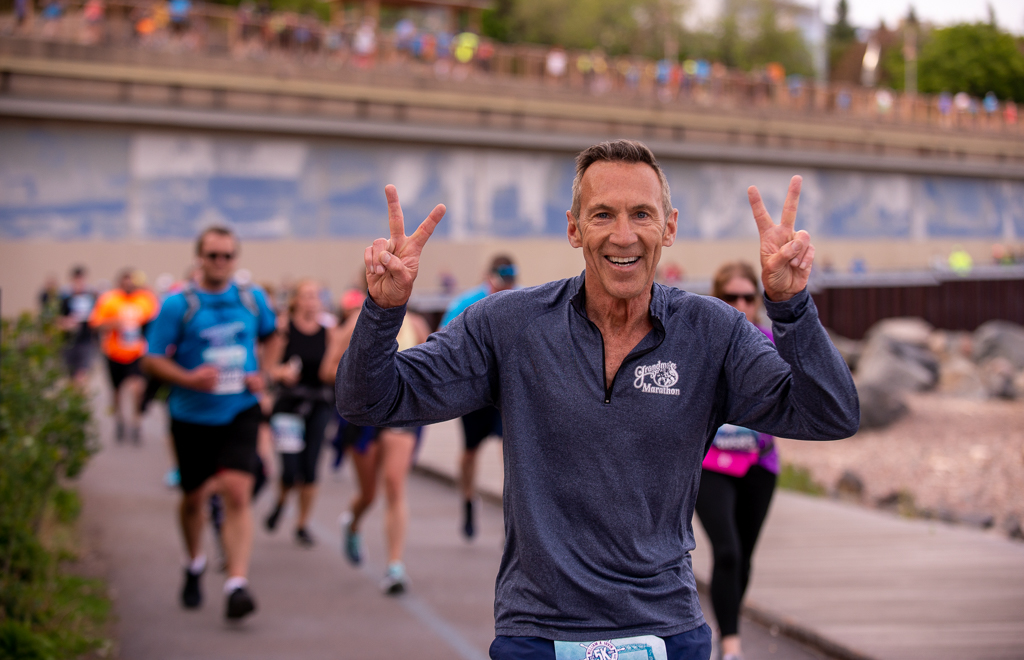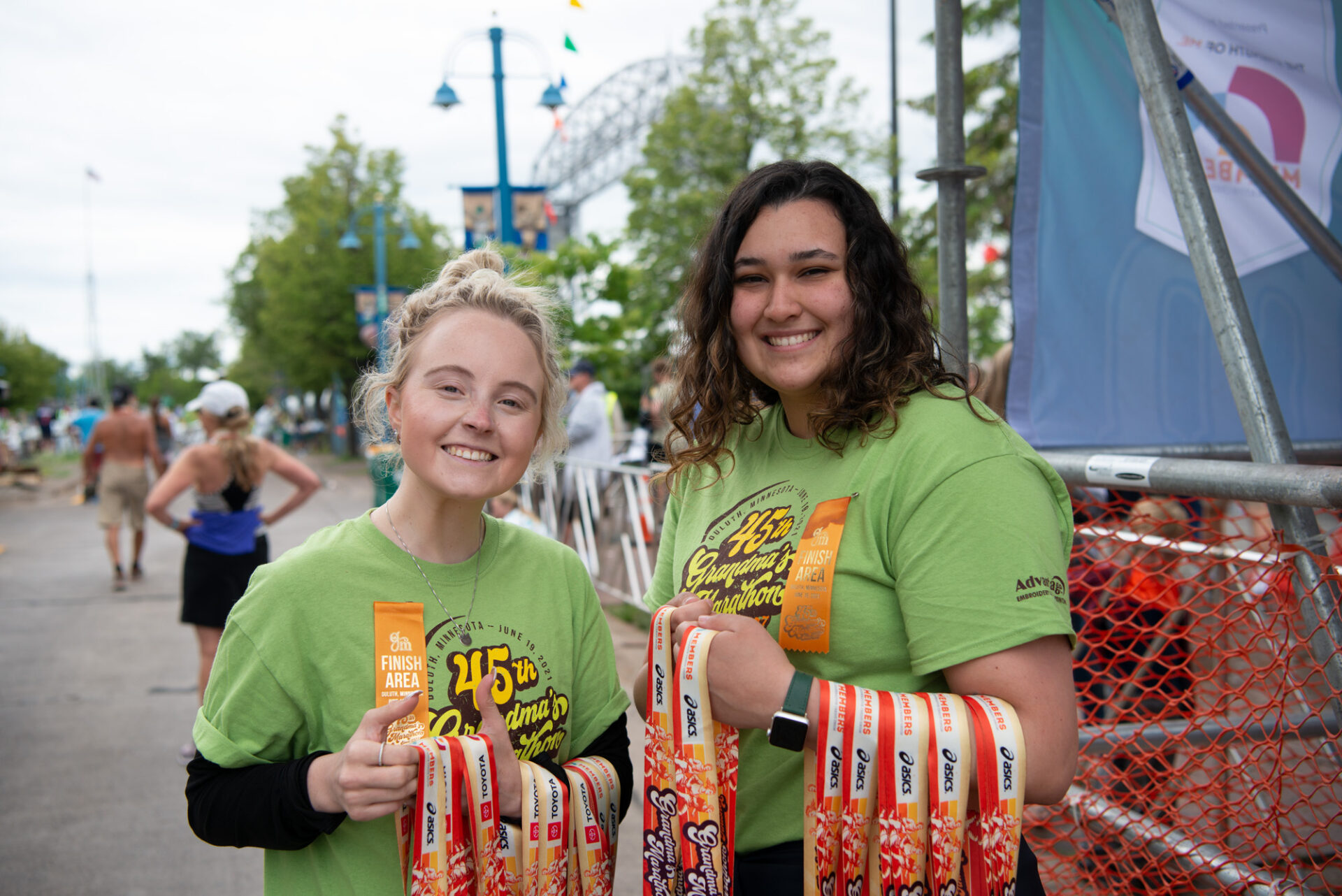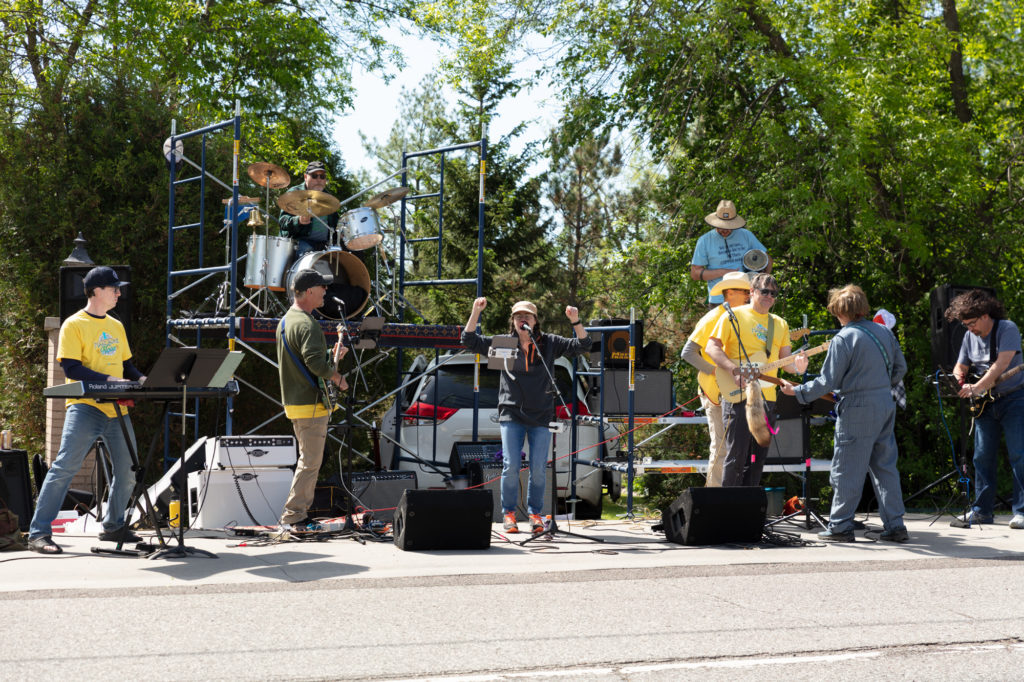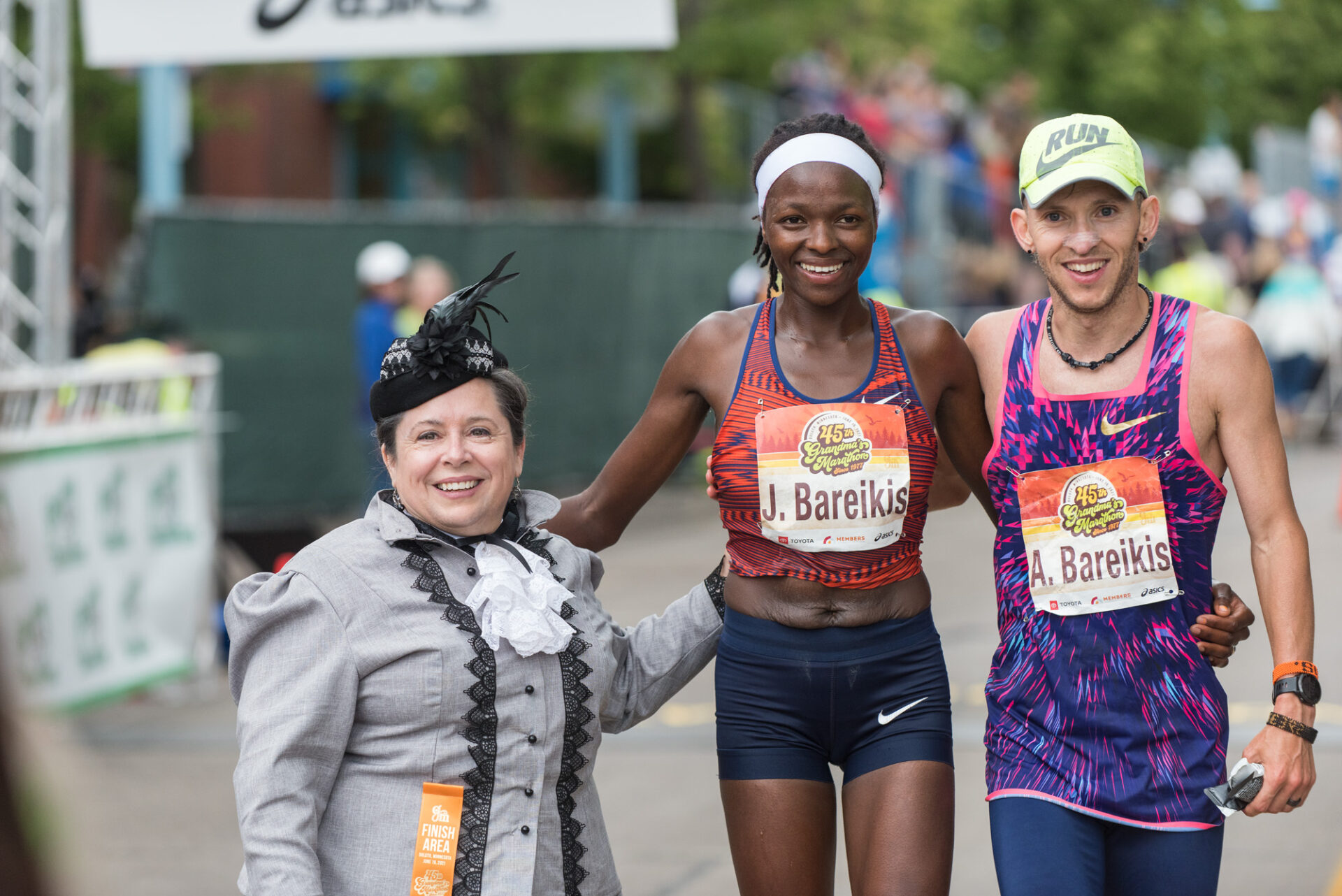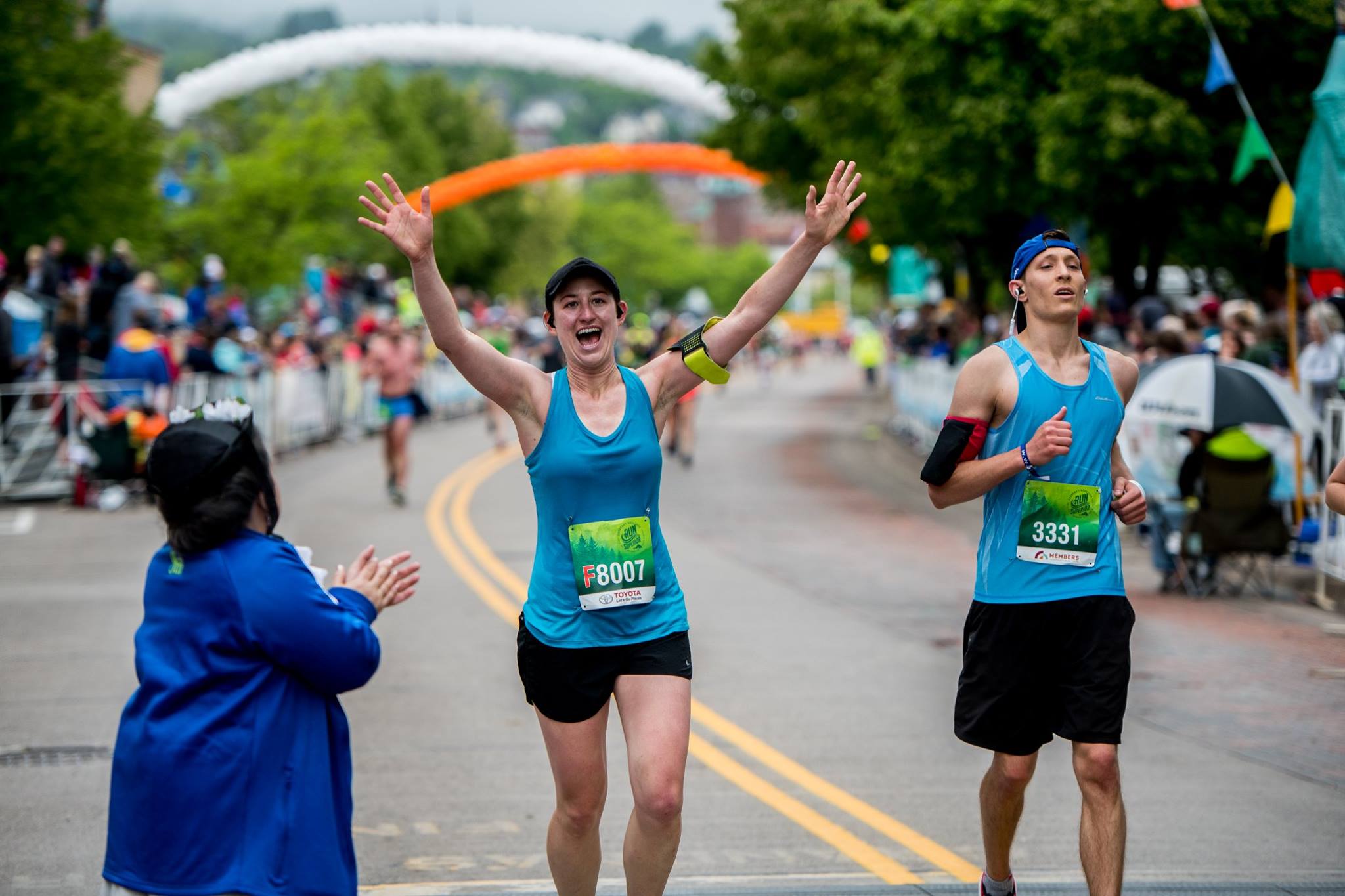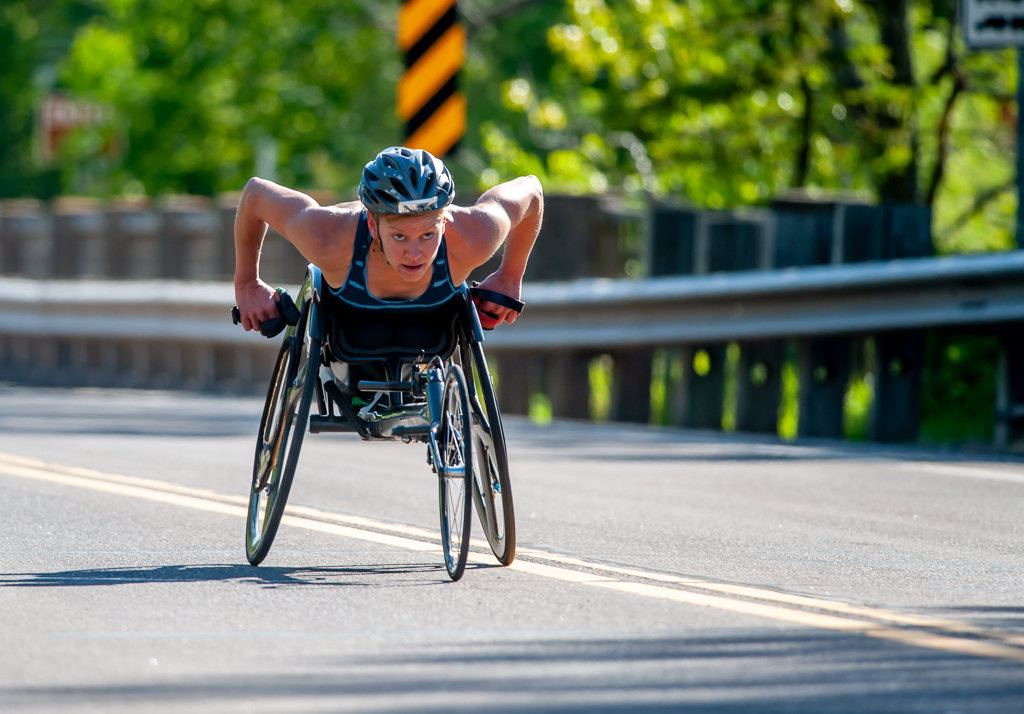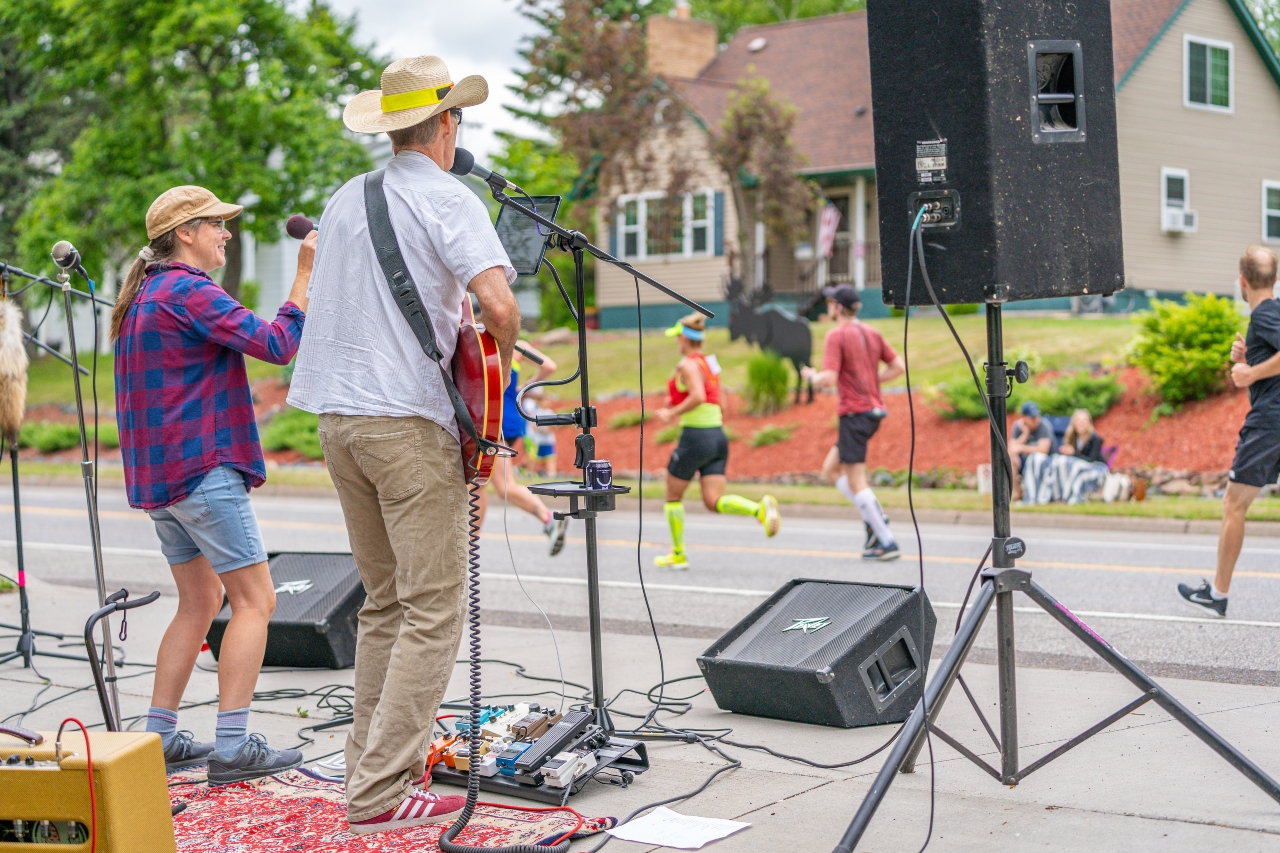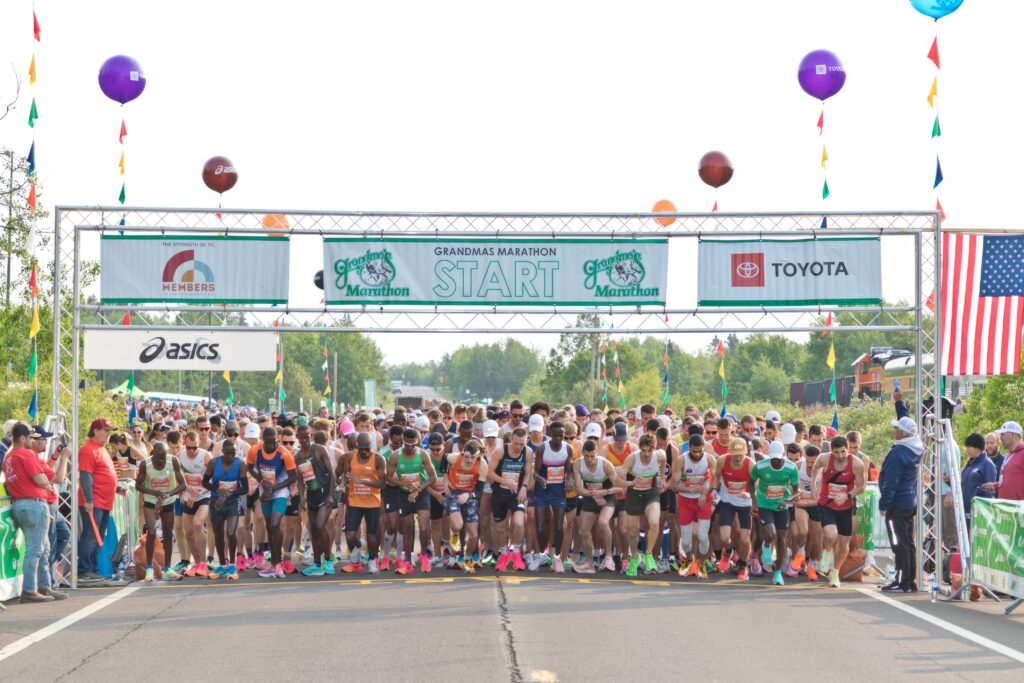Hi! I’m Carrie! A mother runner of 3 littles who is making her marathon comeback after 10 MONTHS of recovery healing a stress fracture in my heel! I’m a marathon runner who went from running 3 marathons in 5 months + 3 half marathons and a few 10 mile races in the 2022/2023 season to spending 4+ months in a boot (starting May 2023), embarking on a “Return To Run” program that took me 5 months instead of 2 months due to setbacks, and not running for months. I finally ran my first race last month- the Mesa 10K- and have 5 races (3 half marathons, 1- 10 mile race, and GRANDMA’S 26.2) in the next 3-4 months. Is that a bit ambitious? Probably. Am I going to listen to my body and do this as safely as possible? You betcha!
The road to recovery has been (and still is) LONG, but also has been a journey full of learning, lots of feelings, novel focus, and new experiences.
Just like everything in life, there are plenty of “DOs” and “DON’Ts” in regards to recovering from an injury. Here are a few things that I learned along the way:
**PLEASE NOTE: I may have “Dr.” in front of my name, but my patients are 4-legged (I’m a veterinarian). Consult your physician for any injury and/or recovery concerns you have.**
DO:
*Seek out the appropriate medical care.
And listen to the recommendations your health care professionals provide. You may not like what you’re told (I know I didn’t), but your team’s goal is to get you healthy and back out running ASAP (SAFELY). Don’t forget that.
*Try to stay positive.
I’m not sunshine and rainbows and unicorns by any stretch of the imagination. But I needed to focus on where I wanted to be and what I COULD do, not what I couldn’t. “Where your mind goes, your energy flows.” Flow that energy to good vibes!
*Acknowledge your feelings.
Being injured is a major upset. ESPECIALLY when you have a huge race season planned with numerous goals (I had to bow out of Grandma’s and a few other races last year, which was not easy). Acknowledge and accept your feelings. Feel them however you need to. Then pick your head up and keep moving. Because IT GETS BETTER.
*Stay active.
If you can’t run, walk. Or bike. Or swim. Or lift. Do SOMETHING. Doing something is always better than doing nothing! And this will help you get back to your previous routine faster and hopefully keep you uninjured. Not to mention the mental and physical health benefits.
*Listen to your body.
You know your body better than anyone else. And as an athlete (especially an endurance athlete), you have even better insight into how it’s doing, what it needs, and where it’s at than the general population. Don’t ignore it when your body tells you to rest, back off, and recognize you’re doing the best you can with what you have right now.
*Be smart about it.
Don’t push the come back. Just because you CAN do something (for example, a long run, speed session, or increasing miles too quickly) doesn’t mean you SHOULD.
*Focus on what you CAN do.
It’s easy to zoom in on all the negative things when you can’t do what you want (or feel the need) to do. Practice gratitude and remember all that you CAN do. When you’re grateful, there’s no room for the can’t.
*Remember: This too shall pass.
You will get through it. And you’re NOT alone. Which brings me to…
*Stay connected to your community.
You may be the only one who can complete your run, but you are never alone in the running community! Running is an individual sport with a foundation based in community. Just because you’re injured doesn’t mean you can’t be involved! Head out to spectate, cheer or volunteer at a local race. Support your running friends (IRL and on-line, call and text, show your support however you can). And share your story. You never know who will benefit from hearing your experience and who may need your support without even knowing.
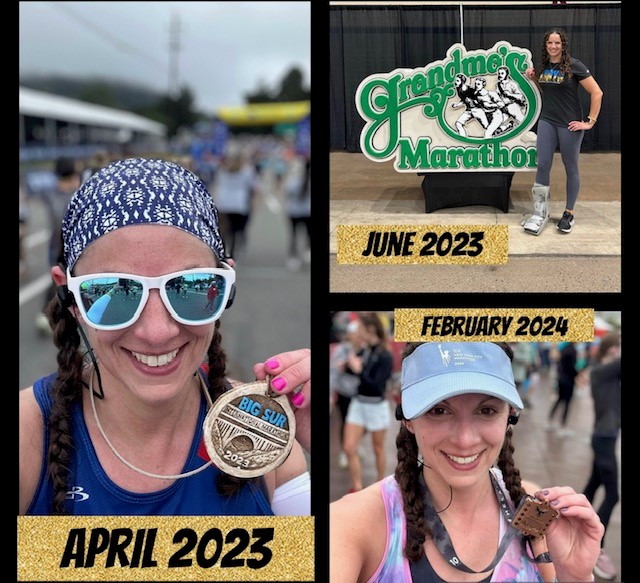
DON’T:
*Lose sight of your goals! Remember: short term sacrifice for the long-term goal.
Deal with your injury now. Don’t put it off, thinking it will just go away. The longer you wait, the more you push through the pain, the more time you’ll be out. The more time wasted on the other end of your healing journey. Case in point: ME. I was told I would be out 8 weeks (conservatively). It was 5 months. At my own doing.
*Get too down.
Let me reiterate: I’m not the poster child for optimism. Sure, I had plenty of negative, frustrating, rage-filled days where I wondered whether I’d get back to where I wanted to be. Even today, as I write this, I’m concerned about how my foot feels following 17 miles this week and another 4-6 to go. And whether I’ll stay healthy through my 2024 season (which is now solidified to be an amazing year of redemption— if I stay uninjured). Relentless forward progress. Always.
*Expect your fitness to be where you left off.
Working out has always been part of my life and daily routine. I continued to lift and cycle while I wasn’t running. My fitness level changed (as in I’m stronger than I was) but I’m nowhere near marathon fitness level. I’m still building my base miles and I recognize that I have a long way to go. This entire year will be focused on running, not “racing”. And staying healthy is the ultimate goal.
*Do more than your body tells you to do.
Pushing will cause setbacks. Setbacks mean more time out. More time out means greater frustration and longer recovery time. We’re runners. We don’t “rest” well. But being injured requires rest for healing. Pay it forward or pay for it later.
*Get back too fast.
Depending on the injury, the risk of repeat or different injury may be greatly increased in the subsequent months or year following your initial injury. Follow your trainer/coaches/medical team’s recommendations.
*Ignore the recommendations and support of your care team.
My PT was my “bestie” (as my 9-year-old would say) for the last 7 or 8 months (and I think I owe the man my next medal for having put up with “injured Carrie” for so long). He was in the trenches with me; his only goal was to get me back out there in a safe, healthy manner. He learned what I would and wouldn’t listen to. He knew that I’d do too much because I’m me, so he found ways to make sure I would recognize when I had to put on the brakes. Shout out to Cory Absey at Summit Ortho in Eagan, MN. I wouldn’t be here without you. (And no offense, but I have no plans on seeing you again.)
To summarize, your running injury recovery journey is what you make it. It isn’t easy, but it’s worth it.
Wishing you happy, healthy, and enjoyable training miles!
*Carrie Rodman
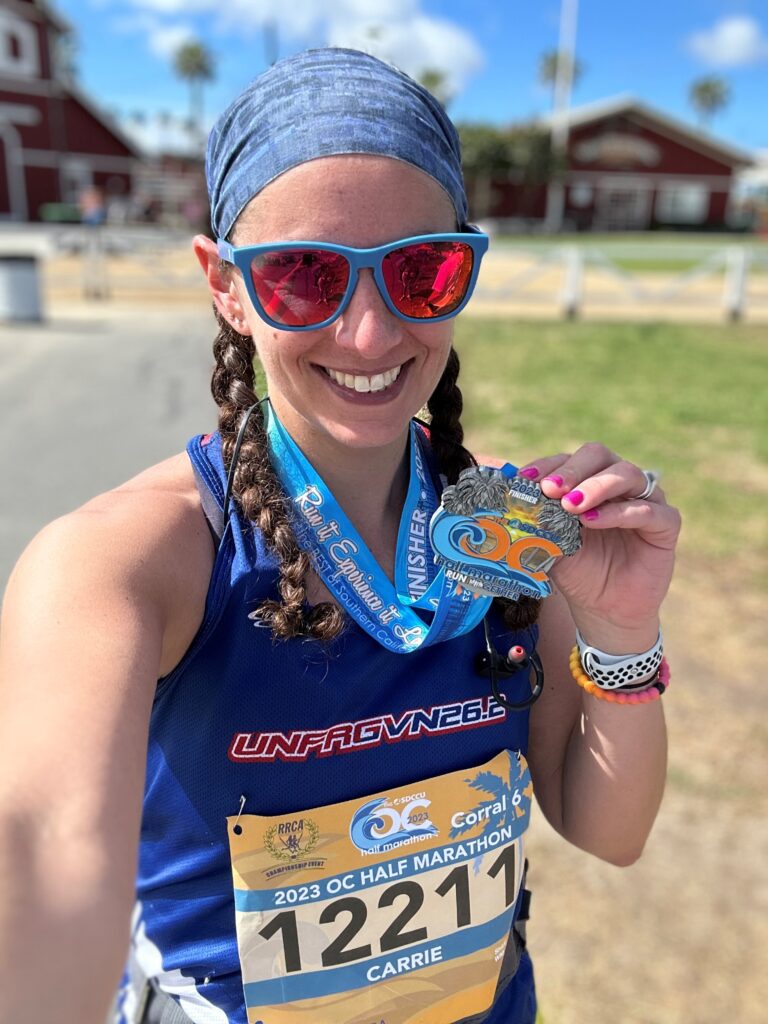
Carrie Rodman
Follow Her on: Instagram, Tiktok
Favorite Grandma’s Marathon Memory: I ran Grandma’s Marathon in 2008 as my 3rd marathon (I recently completed my 16th marathon, Big Sur, in April 2023). I was fortunate to run Grandma’s with my Dad and we finished in 5:34:19. It was a memorable adventure running this race together and experiencing the beauty of the Grandma’s course, spectator support, and the giant party that is Canal Park afterward! I had planned to run in 2023 however I have been recovering from a stress fracture in my heel. I had a blast cheering on my fellow GRAMbassadors and all of the runners during the race, so I’ll call that my favorite non-running Grandma’s memory!
Quote that guides, inspires, or embodies your training, racing, or life: “Run when you can, walk if you have to, crawl if you must; just never give up.” – Dean Karnazes
Song that must be on your running playlist:Kelly Clarkson “People Like Us”
Reason you absolutely won’t run outside: COLD rain in the Fall or Spring. Warm rain in Summer is delightful!
Favorite pre-race meal: Chicken ravioli or Pad Thai
Favorite post-race beverage: Chocolate milk immediately post-race followed by a dry white wine at night!
2024 running goal: Start and FINISH my 2024 races uninjured/healthy!

